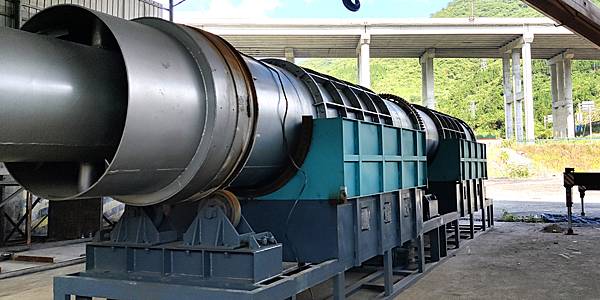Sustainable waste management and soil health are critical issues that require innovative solutions. In this article, we will explore the benefits of investing in a biochar machine as a practical and environmentally friendly approach to these challenges. Biochar machine offers a sustainable solution for converting organic waste into biochar, a valuable soil amendment. Let’s dive into the world of biochar machines and discover why investing in this technology makes sense.
Understanding Biochar Machine
Biochar machine is designed to convert organic waste materials into biochar through a process called pyrolysis. During pyrolysis, organic matter is heated in the absence of oxygen, resulting in the production of biochar. Biochar is a stable form of carbon that can be added to soil to improve its quality and fertility.
Biochar machine comes in various types and sizes, ranging from small-scale units suitable for home gardens to large industrial machines capable of processing significant quantities of organic waste. These machines utilize advanced technologies to ensure efficient conversion and optimal biochar production.
Environmental Benefits
Investing in a biochar machine offers several notable environmental benefits. Let’s explore them in detail:
Carbon Sequestration and Climate Change Mitigation
Biochar plays a crucial role in carbon sequestration, as it has the ability to lock carbon in the soil for an extended period. By storing carbon in biochar instead of releasing it into the atmosphere, biochar machines contribute to mitigating climate change by reducing greenhouse gas emissions.
Reduction of Greenhouse Gas Emissions
The pyrolysis process used in biochar machines avoids the release of methane and other greenhouse gases that would typically occur during the decomposition of organic waste. By preventing these emissions, biochar machines help reduce the environmental impact associated with organic waste disposal.
Enhancement of Soil Fertility and Nutrient Retention
Biochar improves soil fertility by increasing nutrient retention and enhancing the soil’s water-holding capacity. The porous structure of biochar provides a habitat for beneficial microorganisms and helps prevent nutrient leaching, thus promoting sustainable agriculture and reducing the need for chemical fertilizers.

Agricultural Advantages
Investing in a biochar machine brings numerous advantages to agricultural practices. Let’s explore some of these benefits:
Improved Soil Structure and Water Holding Capacity
The addition of biochar to soil improves its structure by enhancing its ability to retain moisture. Biochar’s porous nature creates spaces that allow water to infiltrate the soil, reducing runoff and erosion. This improved water-holding capacity supports plant growth, especially in regions prone to drought or erratic rainfall.
Increased Crop Yields and Plant Growth
Biochar has been shown to enhance crop yields and promote overall plant growth. It provides a stable habitat for beneficial microbes, which facilitate nutrient uptake by plants. Additionally, the high carbon content of biochar acts as a slow-release fertilizer, providing a steady supply of nutrients to plants over an extended period.
Reduction of Fertilizer Requirements and Nutrient Leaching
The incorporation of biochar into soil reduces the leaching of nutrients, making them more available to plants. This increased nutrient retention minimizes the need for chemical fertilizers, leading to cost savings and reducing the environmental impact associated with excessive fertilizer use.
Economic Considerations
Investing in a biochar machine offers several economic advantages. Let’s explore some key considerations:
Revenue Generation through Biochar Sales
Biochar produced using a biochar machine can be sold as a valuable soil amendment. Demand for biochar is increasing as more farmers and gardeners recognize its benefits. By establishing a biochar production business, individuals can generate revenue through the sale of biochar products.
Cost Savings in Fertilizer and Water Usage
The use of biochar in agriculture reduces the reliance on chemical fertilizers, resulting in cost savings for farmers. Moreover, biochar’s water-holding capacity reduces the need for irrigation, leading to further cost savings in water usage.
Potential for Carbon Credit Incentives
In some regions, the production and use of biochar may be eligible for carbon credit incentives. These incentives provide financial rewards for projects that contribute to carbon sequestration and reduction in greenhouse gas emissions. By participating in such programs, biochar machine owners can generate additional income.
In conclusion, investing in a biochar machine presents a practical and environmentally friendly solution for waste management and soil health improvement. The environmental benefits, agricultural advantages, and economic considerations make biochar machines a compelling investment. By harnessing the potential of biochar, individuals and businesses can contribute to a sustainable future while reaping the rewards of enhanced soil fertility and resource utilization.






 留言列表
留言列表
 {{ article.title }}
{{ article.title }}